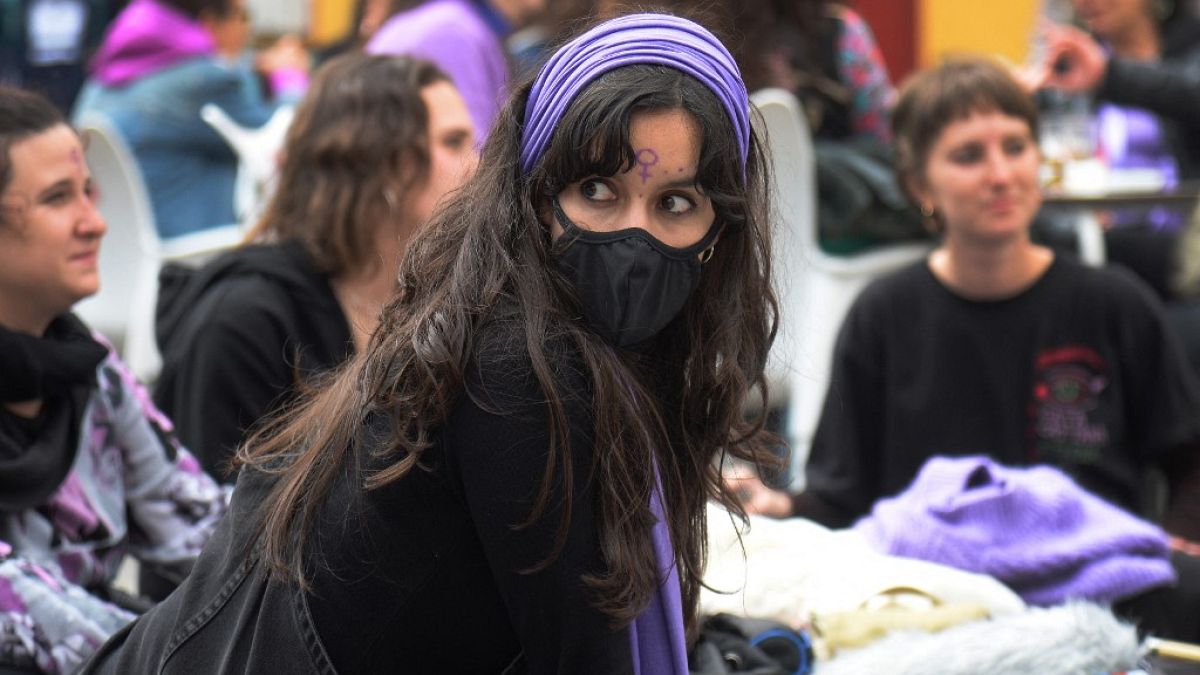These have been the key talking points in Brussels this week.
It was this week exactly one year ago that COVID-19 was declared a global pandemic.
At that moment last March, there were roughly 120,000 confirmed cases and more than 4,000 deaths.
One year on, there are almost 120 million cases and 2.6m deaths globally.
European Commission President Ursula von der Leyen shared her cautious optimism this week, urging people to hang in there with regard to restrictions.
"This is an ongoing marathon in the fight against COVID, but we are in this together," von der Leyen said.
The health situation has improved largely because of the various vaccination campaigns.
But the fact that there are still not enough vaccines in the European Union, led to an awkward diplomatic spat with the United Kingdom this week.
EU Council President Charles Michel accused Britain of vaccine nationalism and of imposing an export ban on vaccines.
The British argument is that they supported the development of the AstraZeneca vaccine at the University of Oxford.
Yet Oxford was one of the biggest recipients of EU research money prior to Brexit. The EU and Germany also financed the development of the BioNTech-Pfizer vaccine.
So, there is a lot of anger at Britain, especially in the European Parliament, with German MEP Peter Liese expressing his rage to Euronews.
"Europe needs to be very outspoken now. And I wouldn't exclude a complete export ban. Why 8 million doses of BioNTech/Pfizer went to the UK, when they did not deliver anything to the continent. This is just not fair, and we need to be much stronger in addressing this," Liese said Wednesday.
The pandemic has changed the lives and livelihoods of all Europeans.
One group that has been particularly impacted is women and this week's International Women's Day reminded us of that.
In Brussels, the European Committee of the Regions (CoR), the EU's assembly of regional and local representation, called for action on the gender gap, which it says has worsened because of the pandemic.
And CoR President Apostolos Tzitzikostas told Euronews that the coronavirus recovery must take into account the gender gap.
"We must have a gender-oriented approach when designing the EU recovery plans, building on the successful experience of the EU Cohesion Funds, which allow regions and cities to invest in women's participation in the labor market and promote women's role in research and innovation," Tzitzikostas explained.


